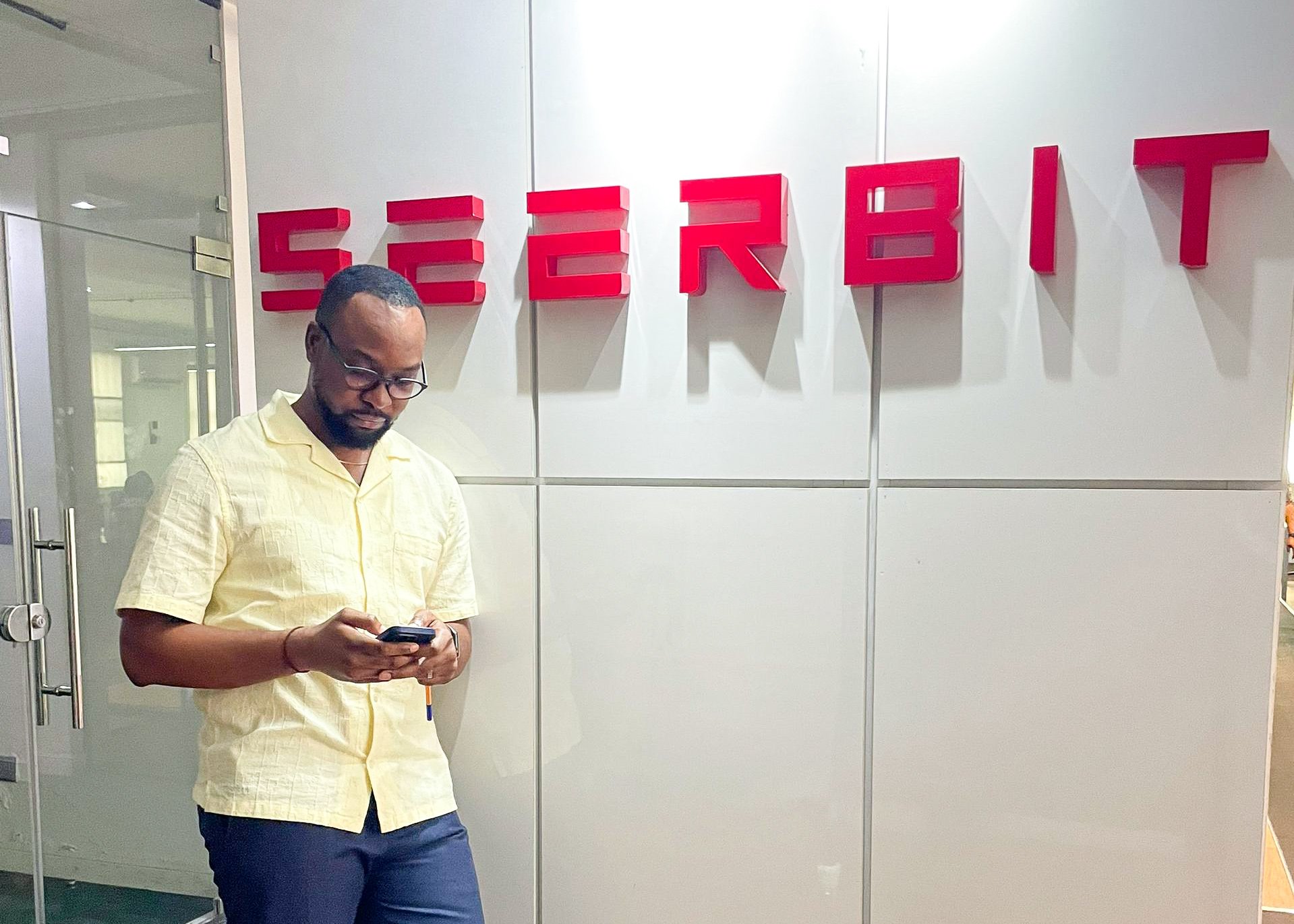Inside the mind of a Product Manager at SeerBit
Looking into what life at SeerBit is like for our senior product manager, Tosin Onaneye, and how he has grown both personally and professionally during his time here. He also shares insights into the SeerBit culture and tips for aspiring product managers.
1. What do you do at SeerBit and how long have you worked here?
I’ve worked here for about 18 months and counting. As a senior product manager, I drive product development and rollout from a strategic perspective. I interface with other teams within the organisation to identify opportunities and build products that can tap into those opportunities. I also identify customer pain points and come up with product ideas and solutions to solve those pain points.
2. How would you explain your job to a 5-year-old?
If I had to explain my job to a 5-year-old, I’ll say a product manager is the father or parent of a product. From when you give birth to the idea, all the way to when you build the idea, and to when the idea becomes a full-blown product.
3. What was your first week like at SeerBit, what stood out to you?
My first week was like everyone else’s. I had to go through a series of immersion sessions with the respective teams to get a full understanding of what SeerBit is about and what problems we’re trying to solve.
After that, I felt motivated to be part of SeerBit because I understood that there is still a lot of work to be done in the payments industry and I could see the impact of the work that I would be doing.
One thing that stood out to me was the open door policy in the organization, everyone is approachable and that gives a lot of room for learning and growth.

4. What's your approach to keeping up with and integrating new fintech trends into SeerBit's product lineup?
I try as much as possible to keep up with the latest tech news, especially in the payment industry and the financial space via channels such as Bloomberg and blog sites. I also watch a lot of finance related shows and news to stay abreast of what is happening in our industry, both locally and internationally.
I follow some handles on X (Twitter) as well, to stay up to date on industry news, new regulations, and so on. I also try to analyse how this news would impact the work we’re doing here at SeerBit.
5. What's the most unusual source of inspiration you've had for a product feature or improvement?
Well, I won’t say it’s unusual because it happens to me often. We can be working on a product and in my head, we’ve come up with flow on how it should work, and I might probably just fall asleep for some weird reason and that light bulb moment comes. It also happens sometimes when I'm taking a shower.
It happens very randomly.
6. What would you say has been the funniest or most memorable feedback you've ever received from a user?
That would be the feedback from the first product I worked on for a client when I joined SeerBit.
After all the trials, and tribulations, and toiling, and whatnot, when the first client used the product, the feedback we got was that the user really loved the product and the documentation. That moment added more nitro to my engine because the feedback wasn’t just from a regular client, but an enterprise client. That feedback felt good, and it set the ball rolling for my approach to product delivery at SeerBit.

7. What opportunities for personal and professional growth has SeerBit provided you with?
Professionally, I’ve been put through training that has helped me carry out my role successfully, such as leadership courses, project management courses, and training sessions with experts from top companies like Amazon.
The organisation also shares case studies from various successful organisations, which we dissect and leverage the learnings from them for success and growth. I also get several book recommendations from our CEO and that has really built a reading culture in me in the last one year.
8. What's one word you would use to describe SeerBit's company culture, and why?
Dynamic. It’s also a very fast paced and collaborative environment. You can learn a lot here if you’re open-minded.
9. Reflecting on your career path, what advice would you give to someone aspiring to become a product manager in fintech?
My one advice is to not go into product management because you feel it’s the “in thing” or the easiest route to get into tech. If it’s something you really want to do, make sure you get the foundation right because as a product manager, you’re in a position where you can either derail the organisation or make the organisation profitable.
Secondly, you need to be passionate about the products you’re building/managing, and the problem you’re solving, because it’s only when you’re passionate about something that you’ll want to see it grow and make an effort.